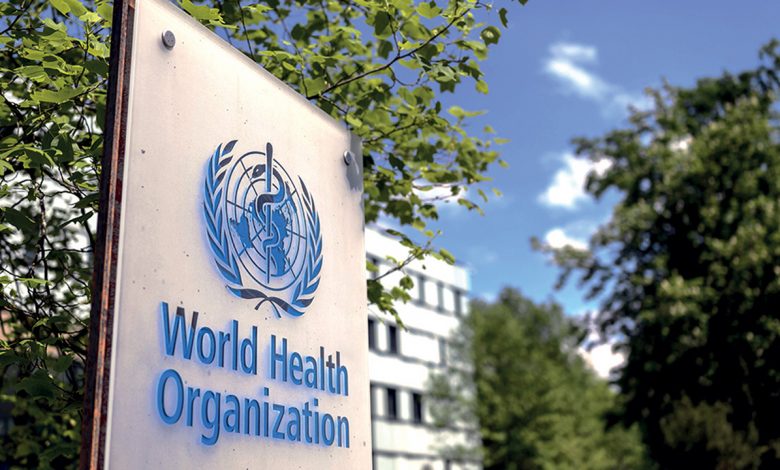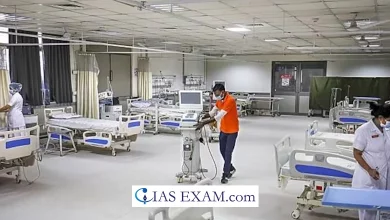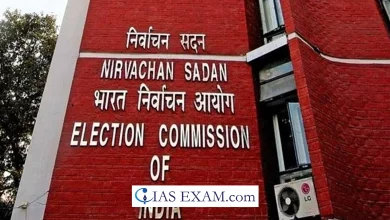
Context – India has proposed several amendments to the International Health Regulations (IHR) that take into account the socio-economic development of states, promote One Health, among other things.
Amendments Proposed by India
- International Health Regulations – India has advocated implementing IHR to be in accordance with the common but differentiated responsibilities of the State Parties, taking into consideration their social and economic development.
- Assessing Human and Health Benefits – It also recommended assessing human health in congruence with animal and environment health to promote One Health.
- Public Health Alert – India also sought a provision for an intermediate public health alert in the event where an outbreak does not yet meet the criteria for a public health emergency of international concern but requires timely mitigating measures.
Impact of COVID-19 on Proposed Amendments
- Equitable access demand – Drawing on the learnings from the COVID-19 pandemic, India argues for “equitable access to medical countermeasures.”
- Accountability of WHO – India also sought greater accountability from the World Health Organization (WHO) in how the IHR is implemented and whether Member States are complying.
- Reporting to WHA – It proposed the Director-General report all activities under the IHR to the World Health Assembly (WHA), particular instances when Member States did not share information.
Support from other countries
- Some developed and developing countries – Other countries which made submissions included Armenia, Brazil, Bangladesh, Indonesia, Malaysia, Namibia, New Zealand, Russia and Switzerland, among others.
- Support from Arica – Eswatini also made suggestions to the IHR amendments on behalf of the WHO Africa Region.
- Other issues are also raised – It included issues surrounding intellectual property, licensing, transfer of technology and know-how for diversification of production.
Common Demand from Developing Countries
-
- Equitable access to health – Equity has emerged as the common focal point in demands made by developing countries. Equitable access to the health products, international financing mechanisms, strengthening health systems, access and benefit sharing mechanisms and tailoring responsibilities based on a country’s capacity are some of the key features.
- Similar demand by executive board – The WHO’s executive board, in its sixth meeting last January, had noted that IHR amendment “should be limited in scope and address specific and clearly identified issues, challenges, including equity,
- Universal protection from disease – Other demands include, technological or other developments, or gaps that could not effectively be addressed otherwise but are critical to supporting effective implementation and compliance of the International Health Regulations (2005), and their universal application for the protection of all people of the world from the international spread of disease in an equitable manner”.
Opposition from Developed Countries
- Equity only for pandemic – Amendments proposed by developed countries seem to evade the equity demand. The European Union’s policy, for instance, noted equity principles should only be applicable for pandemic-scale health emergencies.
- Non-pandemic health emergencies don’t need equity – This terminology, in effect, excludes health emergencies that are not officially declared a pandemic. The argument being that outbreaks at the scale of COVID-19 occur occasionally.
- Pandemic specific capacities cannot be generalized – Capacities developed solely for pandemic response cannot therefore be put in use regularly and this will further result in the deterioration of the capacities as well.
Conclusion
As per the current suggestions, the new regulations should make developed countries and WHO more responsible towards developing countries, put in place stricter mandates, swift action and regular implementation review by WHO.
About WHO
- World Health Organization (WHO), the United Nations specialized agency for Health was founded in 1948. Its headquarters are situated in Geneva, Switzerland.
- It is an intergovernmental organization and works in collaboration with its member states usually through the Ministries of Health.
- The WHO provides leadership on global health matters, shaping the health research agenda, setting norms and standards, articulating evidence-based policy options, providing technical support to countries and monitoring and assessing health trends.
- It began functioning on April 7, 1948 – a date now being celebrated every year as World Health Day.





.png)



